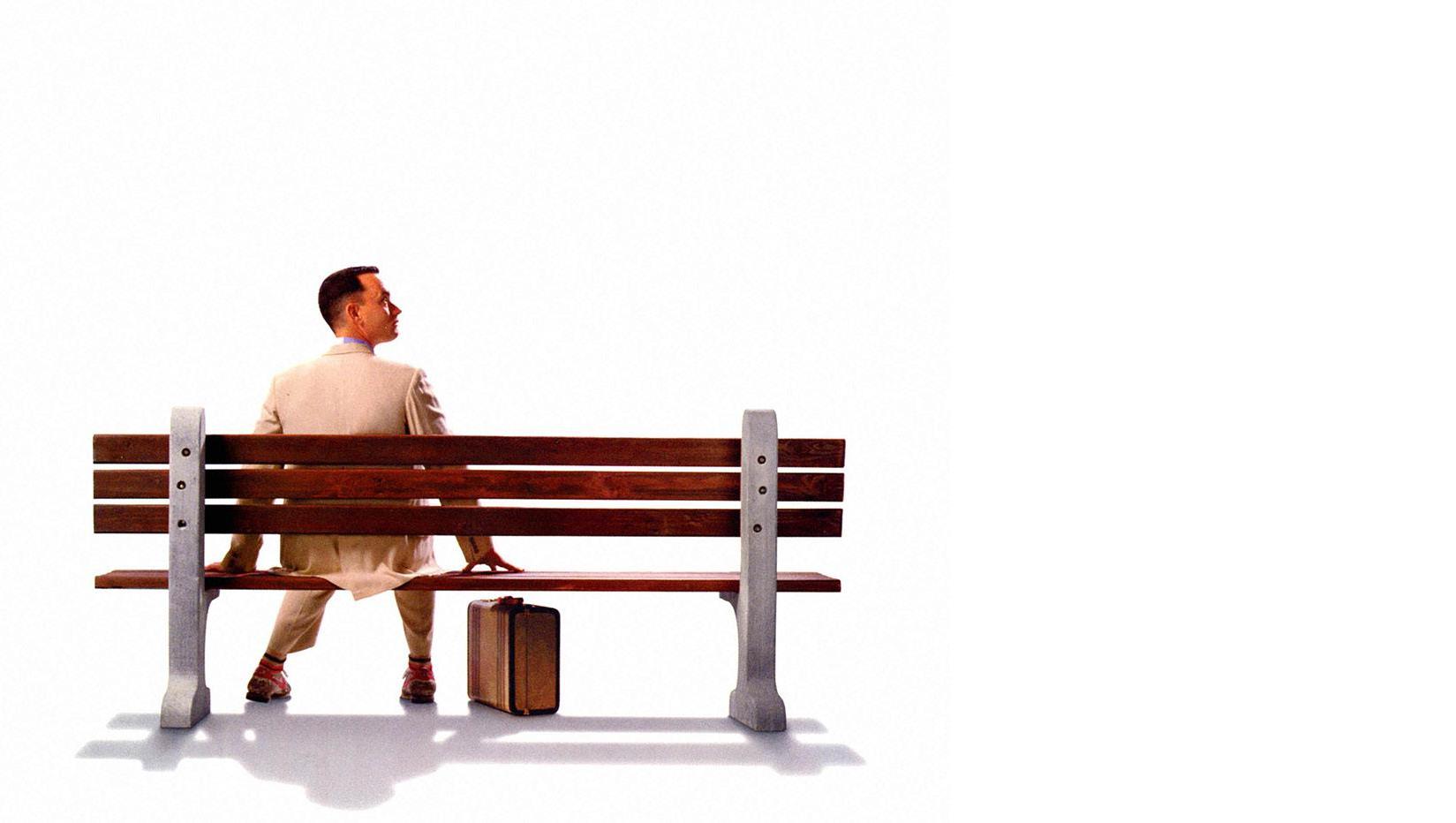
1 minute read
WHY FORREST GUMP IS SUCH AN ICONIC FILM
Forrest Gump, Robert Zemeckis’ film, which won six Oscars in 1995, including Best Actor for Tom Hanks, paints a rather sweetly subdued yet critical portrait of American society. A powerful and thought-provoking story.
A dual film that raises questions about American society
Advertisement
“My mom always said life was like a box of chocolates. You never know what you’re gonna get.” This introductory phrase has marked several generations and placed Forrest Gump, played by a young Tom Hanks, on the list of the most cherished characters in American cinema. Forrest Gump is the story of a man nicknamed a “wise fool” in his native Alabama, who unwittingly becomes a key player in several major events in American history between the 1950s and 1980s. From John Kennedy to Elvis Presley, Richard Nixon to John Lennon, Gump crossed paths with many political and cultural figures, whom he influenced in spite of himself, and lived through the Vietnam War, the Watergate scandal, class struggle, flower power, demonstrations for the rights of African Americans and the emergence of AIDS.
Why
It was a time of great social, cultural and political tension, in which he played, almost by chance, a major role that made him the anti-hero par excellence. When it was released in 1994, the film, which was widely acclaimed by the public and won six Oscars and three Golden Globes, was nonetheless the subject of debate. The New York Times and The New Yorker criticized Robert Zemeckis for having overly sugar-coated Winston Groom’s novel from which it is adapted. They equally raised the question of the need to tell beautiful stories full of hope, rather than leaving room for those that truly reflect society and its tensions. This duality is one of the peculiarities of the film. It offers, as a watermark, several readings of American society, from the most naive to the most critical.
is such

an iconic film








